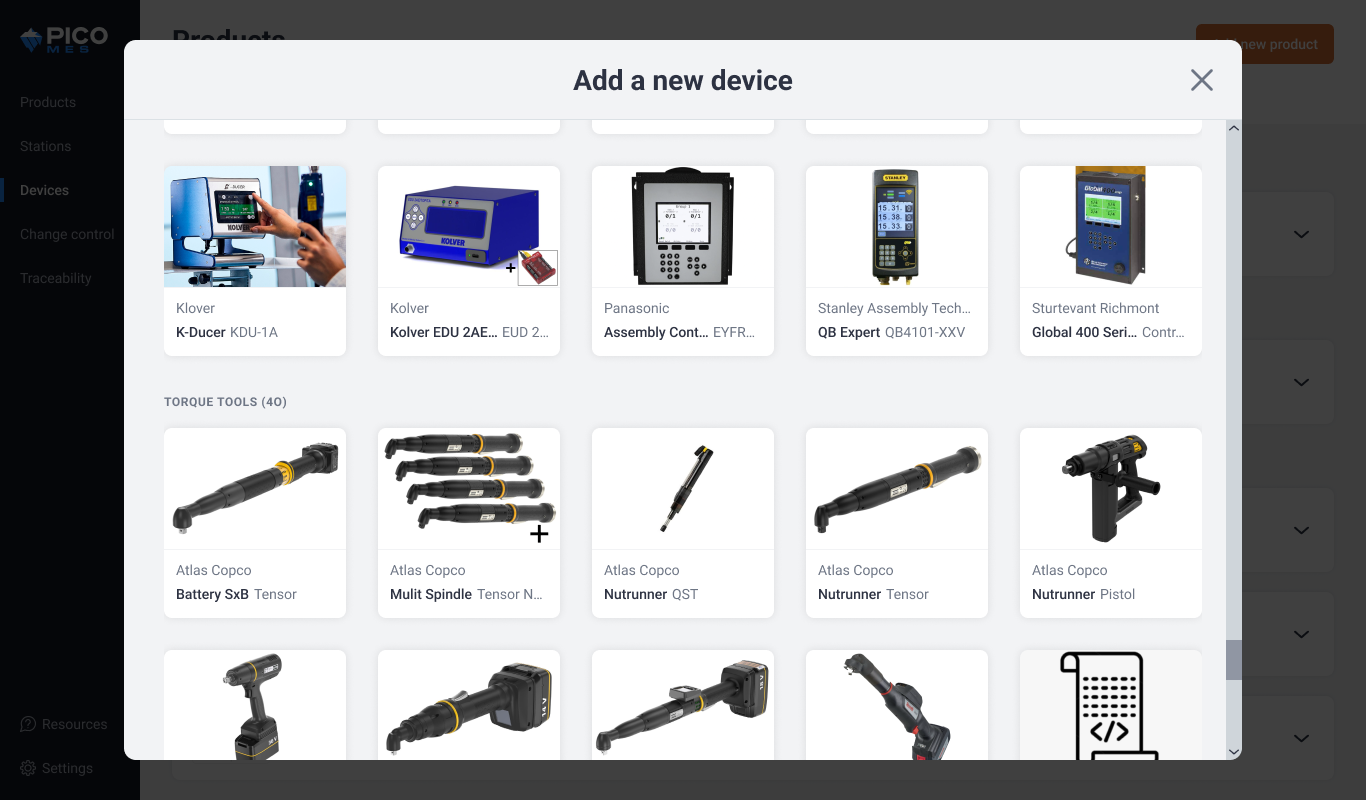#{ item.name }
#{ truncateText(item.metadescription) }
MORryde International, based in Elkhart, Indiana, is a leading manufacturer of suspension systems and aftermarket products for the recreational vehicle (RV) and automotive industries. The company collaborates with OEM manufacturers to engineer innovative solutions that improve vehicle performance and durability.
With nearly 1,000 employees across 13 plants, MORryde has built a reputation for quality and innovation. However, a persistent torque control issue in its driveline assembly process threatened production efficiency and quality. To address this, the company turned to smart torque tools and a digital worker guidance system—unlocking major improvements in traceability, error-proofing, and continuous improvement.
Reinstalling driveshafts on modified suspension systems is a complex, multi-step process. When onboarding new technicians, MORryde identified a critical issue: inadequate torque control for fasteners, leading to potential defects.

Greg Whitt, Process Improvement Engineer, said, "Most of our work instructions have been hard copy travelers for a very long time. Our operations need to be better documented."
To improve fastener torque validation and eliminate defects, MORryde needed a smart manufacturing solution that provided real-time process control, digital work instructions, and automated error-proofing.
After implementing PICO, Whitt discovered that their assembly lines were gaining efficiencies from the new controls, measures, and instructions.
MORryde implemented digital worker instructions and connected the system to Ingersoll Rand's torque tools for its driveline assemblies.
This worker guidance system ensures standardized assembly processes and real-time error-proofing, reducing defects and preventing manufacturing mistakes.

The software highlights which fastener is not properly torqued. Simple guidance like this makes error-proofing easy.
Local TV station WBST-22 interviewed MORryde about their experience digitizing the shop floor. Watch the interview.
Eliminating the fastener torque issue was a long-awaited win for Whitt. But, the biggest advantage is that their factory operations now have a baseline for improvement. Whitt said, "[Before PICO] we didn't have feedback loops for production rates. The only way to uncover the inaccuracies in our work plans would have been through labor-intensive time studies. Now, there's so much information from a time study standpoint and from having a feedback loop of how production is actually going on the floor.”
Connecting smart torque tools with worker guidance resulted in immediate efficiency gains. MORryde also shares that the ROI is fairly immediate. "PICO starts paying for itself right out of the box. There is an immediate value-add with automated data collection and worker guidance," said Whitt. One example he cited is the time for the technicians to refamiliarize themselves with a specific assembly process amongst many variations. As soon as the operator guidance was in place, MORryde recovered nearly all that non-value-added time.
MORryde’s success story highlights a growing trend in automotive manufacturing: the shift from manual, paper-based processes to smart, connected factory solutions.
By integrating smart torque tools with digital work instructions, manufacturers can achieve:
Whitt said, "We now ask the question, 'What else can we error-proof with Pico MES?'" That line of thinking has MORryde investigating alternative applications for Pico MES, such as quality control inspections and preventative maintenance.
Ready to see more error-proofing examples? Take a self-guided tour and see how our features and device integrations help improve product quality and manufacturing efficiency.
#{ truncateText(item.metadescription) }
Step into the future of factory operations with Pico MES. Start your journey toward a more efficient, error-proof factory floor today.
